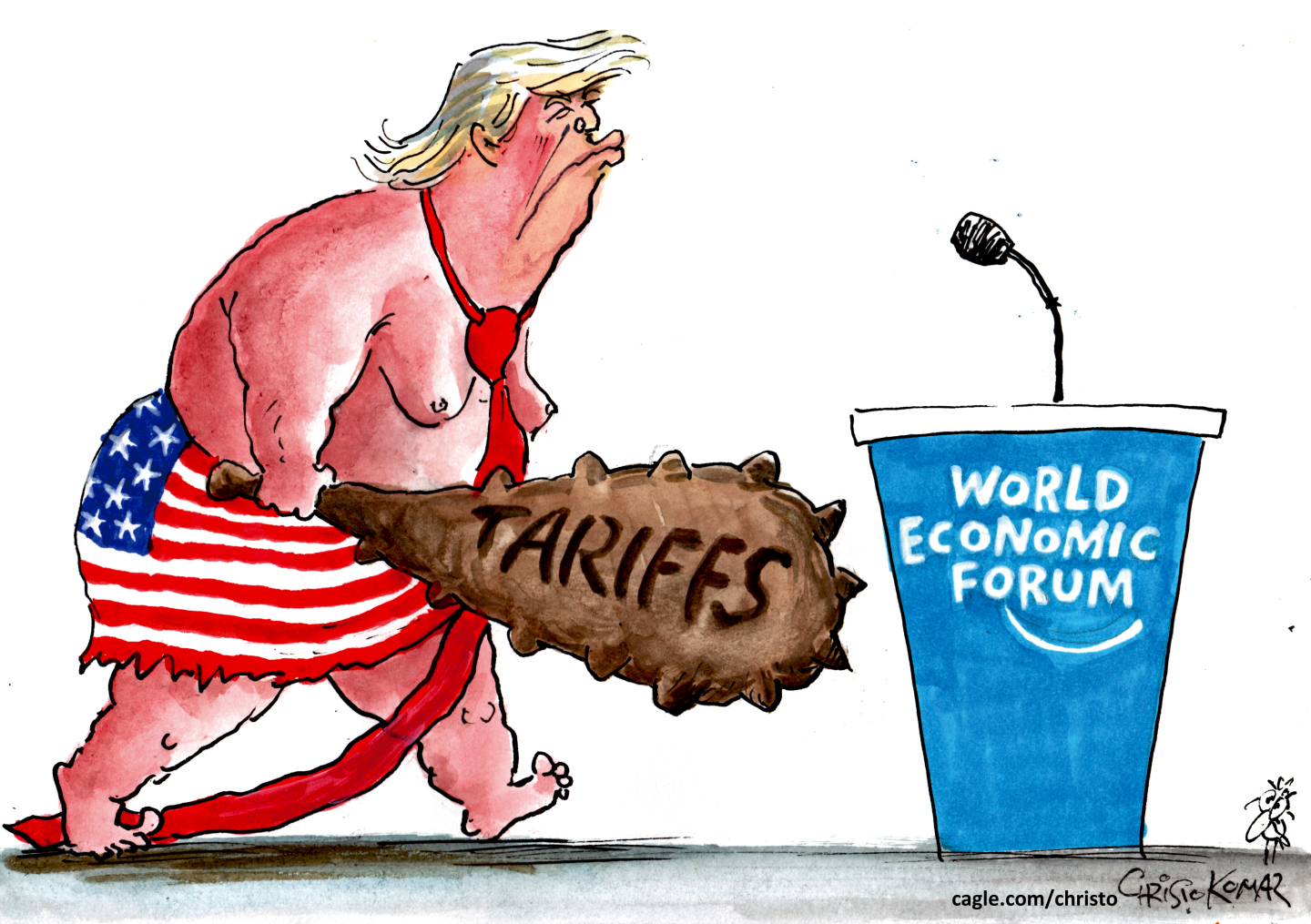Britain: Is classism worse than racism?
Communities Secretary John Denham touched off a national debate when he said that class is a bigger factor than race in determining who succeeds in society.
Poor whites have it harder in Britain than many ethnic minorities, said Andrew Gilligan in the Daily Telegraph, and the government seems to have finally admitted it. Communities Secretary John Denham touched off a new national debate when he said in a recent speech that class is now a bigger factor than race in determining who succeeds in society. “It is no longer enough to make simple judgments or assumptions which equate ‘race’ with disadvantage,” he said. “Being black or Asian no longer means being automatically disadvantaged.” Denham’s comment may not have been politically correct, but he was spot-on. British Indians, for example, are “richer, better educated, and more likely to be employed than whites.” British Pakistanis, on the other hand, are poorer and less educated; the difference is that many Indians are already middle-class when they arrive here, while Pakistani immigrants tend to have been poor villagers. It’s a matter of class, not ethnicity. Over the past few decades, “racism has undoubtedly diminished, but class discrimination has, in some respects, gotten worse.” A working-class Londoner today is less likely to become better off than his parents than he was 30 years ago.
But that’s not the government’s fault, said Janet Daley, also in the Daily Telegraph. Many white working-class Britons simply don’t try hard enough to get ahead. Ethnic minority families, who left their homelands because they wanted to better themselves, typically “encourage, support, and sacrifice for their children’s academic success.” But many in the British working class actually believe it is “snobbish and disloyal” to turn your back on your roots and get an education. It’s as if they live by the dictate: “Stay where you are. Know your station.” Only when that attitude changes will more social mobility be possible.
A lot more than attitudes must change, said Jenni Russell in The Times. These days, people from the lower- and middle-income groups are better educated than they were in the past, “but it’s done nothing for their relative position.” That’s because “different classes are brought up to follow different rules about how to think, talk, and behave.” At the same time, “the relentless focus on exam results has meant that many state schools have opted out of the activities that used to socialize pupils and give them the manners, self-control, and team-working skills that they need to progress.” As a result, it’s more risky than ever for ambitious, working-class kids to try to leave their parents’ milieu and break into a middle class that could snub them. “They may end up belonging in neither world.”
The Week
Escape your echo chamber. Get the facts behind the news, plus analysis from multiple perspectives.

Sign up for The Week's Free Newsletters
From our morning news briefing to a weekly Good News Newsletter, get the best of The Week delivered directly to your inbox.
From our morning news briefing to a weekly Good News Newsletter, get the best of The Week delivered directly to your inbox.
Yes, poor whites have it tough, said Herman Ouseley in The Guardian, but it’s ridiculous to suggest that racial discrimination has disappeared. So why is the government suddenly emphasizing the struggles of the white working class? Politics, of course. This is, after all, an election year, and Labor has lost ground to the far-right British National Party, which claims to represent working-class whites. All this talk of classism is simply a way to woo those voters. But it’s a dangerous tactic because it could lead to “further scapegoating of black and minority ethnic communities.”
A free daily email with the biggest news stories of the day – and the best features from TheWeek.com
-
 Ryanair/SpaceX: could Musk really buy the airline?
Ryanair/SpaceX: could Musk really buy the airline?Talking Point Irish budget carrier has become embroiled in unlikely feud with the world’s wealthiest man
-
 Claudette Colvin: teenage activist who paved the way for Rosa Parks
Claudette Colvin: teenage activist who paved the way for Rosa ParksIn The Spotlight Inspired by the example of 19th century abolitionists, 15-year-old Colvin refused to give up her seat on an Alabama bus
-
 5 contentious cartoons about Donald Trump at Davos
5 contentious cartoons about Donald Trump at DavosCartoons Artists take on weaponized tariffs, a cheeky offering, and more
-
Turkey: Banning Twitter doesn’t work
feature In a fit of pique, Turkey’s prime minister moved to shut down public access to Twitter.
-
Ireland: Why nobody really loves Dublin
feature “Most of our citizens can’t stand Dublin, and that includes many Dubliners.”
-
Italy: Can ‘Fonzie’ save the day?
feature This week Italians got their third unelected prime minister since Silvio Berlusconi stepped down in 2011.
-
Italy: Convicting Amanda Knox with no evidence
feature An Italian appeals court reconvicted the young American student for the 2007 murder of British exchange student Meredith Kercher.
-
France: A Gallic shrug at a sex scandal
feature Are the French finally showing interest in their leaders’ dalliances?
-
Belgium: Euthanasia for children
feature Should terminally ill children be allowed to end their lives?
-
World Trade Organization: Finally a global deal
feature The World Trade Organization has brokered a trade pact that should generate jobs and wealth around the world.
-
Greece: Surviving the winter without heat
feature How many Greeks will keel over this winter because they can’t pay their electricity bills?